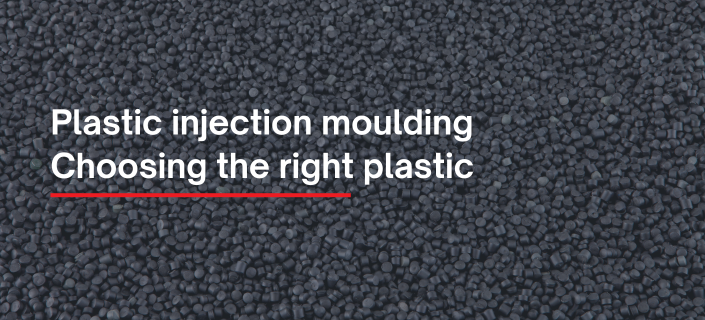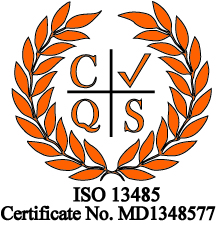One of the most critical parts of the injection moulding process is to select the appropriate type of plastic for a specific project. The right choice can impact the performance, durability, and cost-effectiveness of the final product.
At Plastic Parts Direct we have the experience to give you professional advice on your choice. So, what are the differences between the different plastics?
Here are three examples of the hundreds of different grades available.
- Acrylonitrile Butadiene Styrene (ABS): ABS is known for its high impact resistance and toughness, and it performs well at both low and high temperatures. It is relatively easy to mould, which makes it a perfect option for complex shapes. It’s a versatile material that provides a good surface finish, and it’s relatively low-cost compared to other plastics.
- Polypropylene (PP): It’s one of the most economical plastics and one of the most lightweight. Excellent resistance to chemicals and solvents, good flexibility and it’s resistant to fatigue, maintaining its shape after bending and twisting.
- Polycarbonate (PC): the main advantages of this type of plastic come from its durability. It can withstand significant impact without cracking, it’s strong and stiff making it suitable for demanding applications, and maintains its integrity at high temperatures.
Choosing the right plastic for your injection moulding project involves evaluating various factors, including the material’s properties, cost and durability. ABS, polypropylene, and polycarbonate are among the most commonly used plastics, each offering distinct advantages and suitable for different applications. To make sure your finished plastic injection moulded parts are exactly as you need them to be, trust our expertise. Contact a member of our team to learn more about us and what we can do for you.




